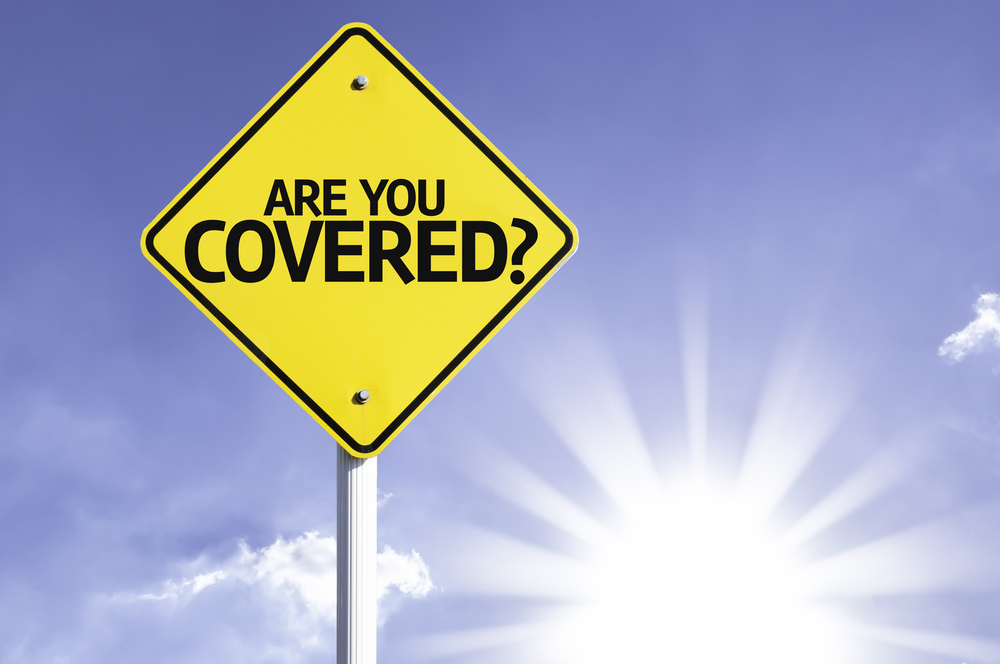
Reading documents full of legal jargon isn’t most people’s idea of a fun way to spend a Sunday afternoon. However, if you’re planning a motorhome rental holiday, it’s a good idea to give the rental terms and conditions your full attention.
Often referred to as Ts and Cs, they can be boring, hard-to-digest and even slightly daunting. But by carefully reading the terms and conditions from each prospective motorhome rental operator, you’ll prevent problems later on.
In this article, we discuss what you should expect to find in every motorhome rental operator’s terms and conditions. From their obligations to what happens if there’s vehicle damage, and how insurance works to what your liability might be. We also touch on breakdowns, accidents, and what to expect when you need to change or cancel your booking.
Although you may have read the terms and conditions for a few rental car operators before, the motorhome rental versions are a lot more detailed. This is primarily because motorhomes have more equipment than rental cars and hence more can go wrong.
A new motorhome may also have a replacement cost around two to four times that of a new car.
You’ll notice differences between the terms of each motorhome rental operator even though they tend to cover the same topics. Find out what to look for — and you’ll take a step closer to choosing the right rental for you.
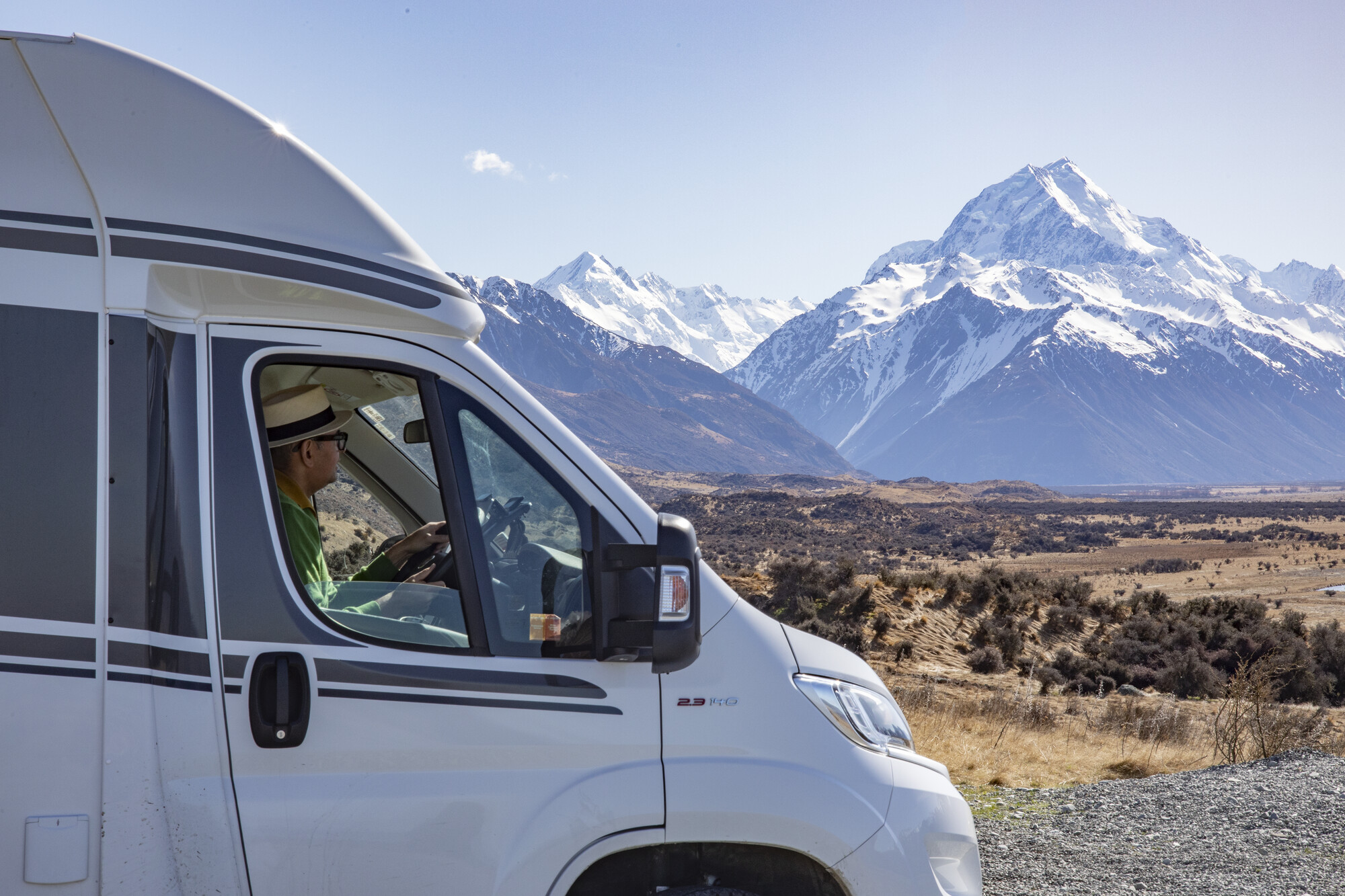
Obligations of the rental company
The vehicle delivery terms of each motorhome rental operator should state that they’ll supply you with a vehicle which:
- Is safe and roadworthy — up to current Certificate of Fitness standards
- Comes in a clean and tidy condition
- Has a full tank of either diesel or petrol — and full LPG gas bottles
- Contains engine coolant, oil and AdBlue (if needed) at the correct levels.
When the motorhome is unavailable
If the motorhome or campervan you booked isn’t available, the terms and conditions should state that you’ll receive a comparable or better substitute vehicle. Also look for wording that specifies whether you’re entitled to a credit or a full refund if the operator is unable to provide you with a motorhome at all.
Be aware that there may be exclusions if an event such as a pandemic, which disrupts travel, occurs. Find out more about extraordinary events beyond the control of all parties.
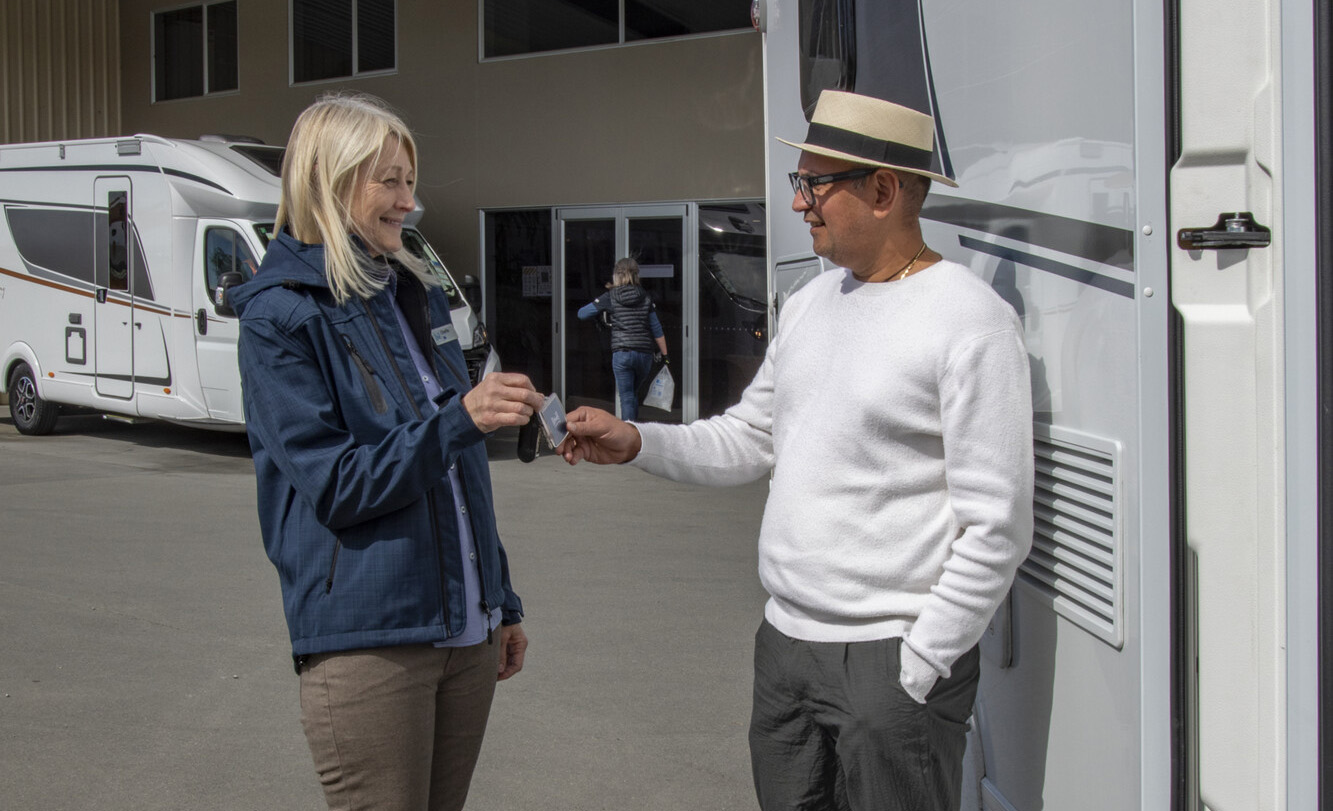
Your responsibilities as a hirer
It’s common for motorhome rental terms and conditions to have a longer section explaining the obligations on you as the hirer — compared to the responsibilities of the rental operator themselves.
Carrying the right licence
You’ll need to show the rental operator, and carry with you, your driver licence in order to prove that you’re legally entitled to drive the vehicle. Your licence details will be recorded on your rental agreement.
You can expect to find wording on who’s allowed to drive and under what conditions, such as only:
- During the rental period
- With a current full driver licence for the relevant class of vehicle
- If you’re aged 21 or over — and driving the motorhome won’t breach any conditions of your licence.
Foreign driving licences
If your driver licence isn’t in English, you’ll need to either:
- Get your licence translated into English by a Waka Kotahi (New Zealand Transport Agency) approved translator, or
- Purchase an international driving permit — and get it translated into English.
You’ll have to carry either of these translated documents along with your foreign driver licence — each in its original physical form.
Learn more about the type of licence you need to drive a motorhome in New Zealand.

Making payment
The terms and conditions of your rental agreement will also outline what you need to pay and when. For example, you’ll usually need to pay a deposit at the time of booking.
The deposit will secure your hire — and the balance will be due a certain number of days or weeks before your pick up date. This timeframe may vary depending on whether you’re travelling in high or low season.
Your booking may be cancelled if you don’t pay the balance within the applicable timeframe.
Payment methods and fees
The payment terms will cover the payment methods you can use. Most campervan and motorhome rental operators in New Zealand accept payment by credit card. Some will also accept:
- Bank transfers
- Debit cards
- Other forms of electronic payment method — such as Apple Pay.
The most commonly accepted credit cards in New Zealand are Visa, Mastercard and American Express. Fees will apply when paying by a credit and debit card. International payments by bank transfer may also incur a bank fee which you must pay.
Adding extras
If you decide to extend your rental agreement for an additional day or week, the terms and conditions should explain when payment for the extra days will be expected.
Similarly, should you want to add accessories like WiFi, ferry tickets or a bike rack after you’ve booked, your agreement will detail when these items must be paid for.
Road user charges
The New Zealand Government charges a fee for diesel vehicles. The fee, known as a road user charge (RUC), is calculated based on every kilometre travelled. Most rental operators pass this fee on to hirers.
Before you book, you’ll want to know whether you need to pay a RUC recovery fee to the rental operator at the end of your hire.
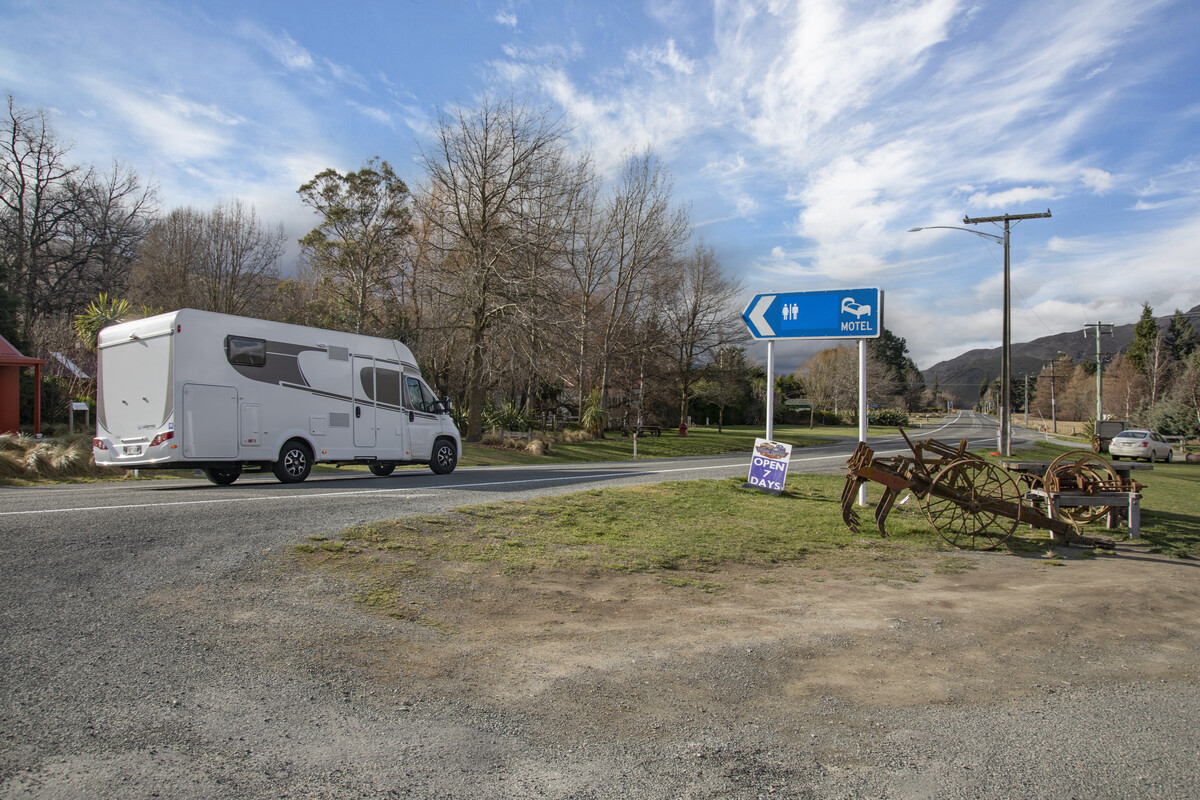
Additional charges and fees
Take a close look at your agreement to see which (if any) additional charges and fees are specified. These may include:
- One way rental charges — should you return your motorhome or campervan to a different location than where you began
- An extra driver fee — if more than one person will be driving the vehicle
- Bedding and kitchen equipment — often referred to as a personal kit
- Preparation fees — sometimes charged on short term hires to cover the cost of preparing your vehicle for rent
- Credit card fees — the amount of which varies widely amongst motorhome rental operators
- Public holiday surcharges — if you either collect or return your vehicle on a New Zealand public holiday.
Learn more about what should be included in your motorhome rental.
Similar to rental car businesses, motorhome rental operators will charge you if you don’t meet your responsibilities. These charges may include fuel refills, unpaid fines, smoking or pets in the vehicle, and travelling in restricted areas.
Bonds
Check the rental terms to see if you need to pay a bond and how that bond will be held.
Most motorhome rental operators require a credit card for the bond. It may be deducted from your credit card when you pick up your motorhome or funds on your card may be blocked for the duration of the rental.
Some operators won’t make a deduction from your credit card or block funds. Rather, they’ll keep your credit card details on file. The bond will be deducted if and when you don’t meet your responsibilities — or you damage the motorhome.
If you don’t have a credit card, check whether paying a cash bond is an option.
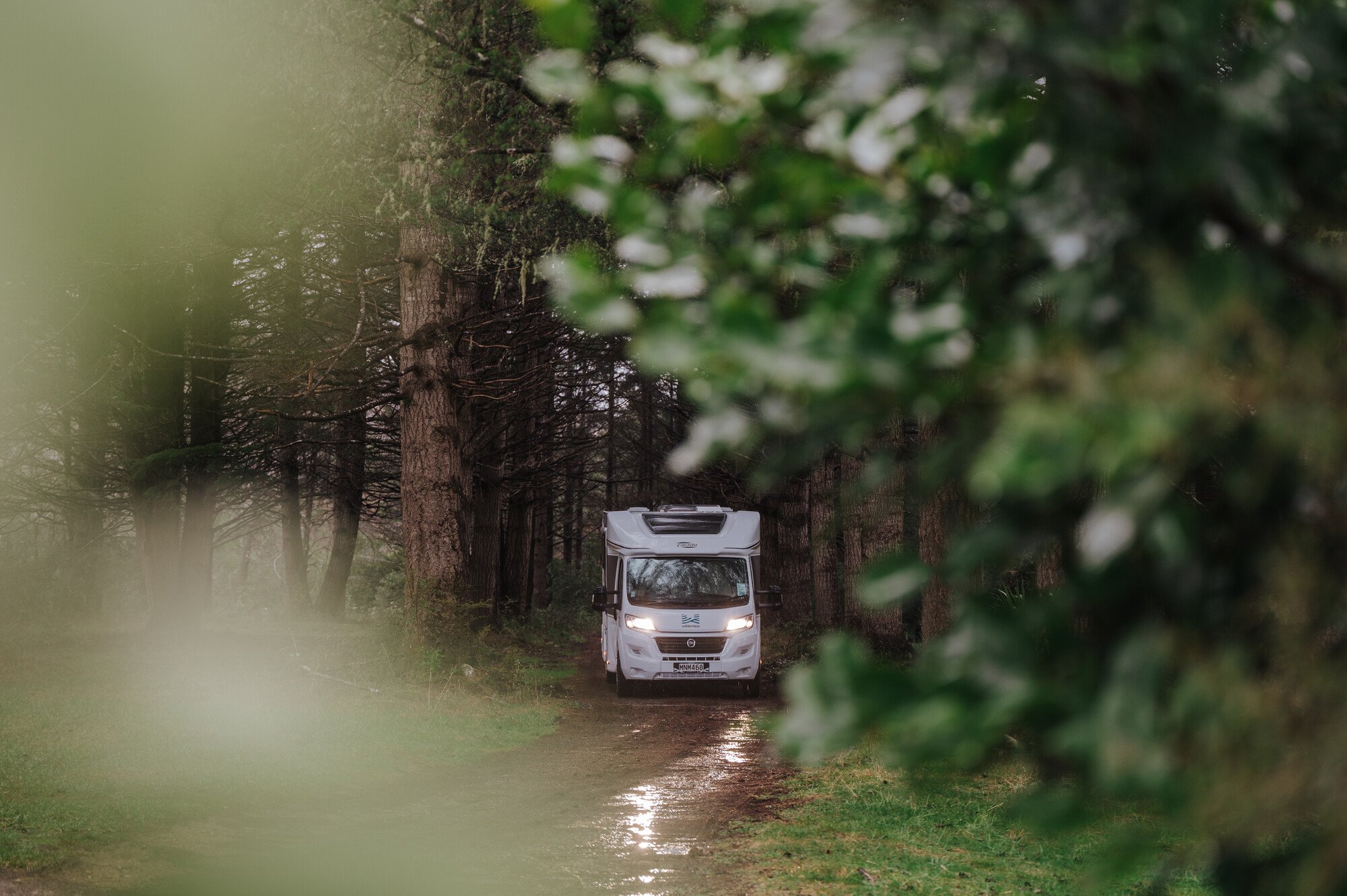
Use of your recreational vehicle
Motorhome rentals have a few more restrictions than car hires because motorhomes are not as flexible and durable as cars. In addition to not driving under the influence of drugs or over the legal limit of alcohol, you may not be allowed to drive:
- On certain prohibited roads
- On beaches or surfaces that could damage your motorhome — like four-wheel drive tracks
- Over the maximum payload
- On roads with low hanging structures that could damage the motorhome
- Where it may become submerged in water.
Many rental operators now have the ability to determine where your motorhome has been during your hire. Telematic method of monitoring vehicles by using GPS and on-board diagnostics to plot its movements on a computerized map technology installed in the vehicle can be used to identify if you’ve failed to meet your responsibilities — which may result in fines.
As well as not smoking in your motorhome and taking reasonable care when driving and parking it, you may also be required to actively check that it’s roadworthy and secure. For example:
- Maintaining the right tyre pressure — and the proper levels of engine coolant and AdBlue
- Ensuring your motorhome is locked and secure when you’re away from it.
Minimum rental periods
It takes a lot longer to prepare a motorhome for hire than to get a car rental ready. That’s why most motorhome rental operators charge you for a full day — whether you pick up in the morning or afternoon. On the other hand, car rentals can be hired by the hour.
Motorhome rental operators also have much longer minimum hire periods than car rental operators. Five days is common but ten or even 15 days is not unusual over the peak season.
You may be able to rent a motorhome for less than the minimum rental period, but you’ll usually be required to pay for the total period. Details around the minimum time you can rent a motorhome vary and are subject to change. A rental company’s terms and conditions should explain these in more detail.

Breakdowns and accidents
Your responsibilities in the event of an accident or a mechanical breakdown will be covered in a rental operator’s terms and conditions.
Most rental operators require you to contact them within 24 hours of a breakdown or accident. It’s important to let them know exactly what happened.
If you fail to advise your rental operator that you had a serious issue, your insurance cover or your ability to claim compensation for a breakdown may be affected.
Exchange vehicles
Rules on substitute vehicles in the case of a breakdown or an accident will be defined in the terms. An exchange vehicle usually isn’t guaranteed and can be subject to whether a suitable replacement is available.
Roadside assistance
Carefully read the clauses about roadside assistance to be clear on what will be available to you should your motorhome need a helping hand.
Are you entitled to 24 hour roadside assistance? What types of issues aren’t covered under the rental company’s roadside assistance policy?
Issues relating to mechanical failures are usually covered although human errors aren’t. However, many motorhome rental companies will still offer you roadside assistance if you were at fault — you’ll just have to pay for it.
A few typical exclusions would be if your vehicle:
- Runs out of diesel
- Can’t be unlocked because the keys were lost or locked inside
- Was driven with the handbrake on — or the accelerator and brake pedals were depressed at the same time
- Broke down or was damaged due to wilful neglect or recklessness.
Returning your campervan hire
Be sure you’re aware of what you need to do before returning the RV at the end of your rental. You may be responsible for:
- Filling the diesel fuel tank and any LPG bottles used
- Emptying the grey water waste tank and toilet.
Check what the latest drop off time is as penalties may apply if you arrive late.
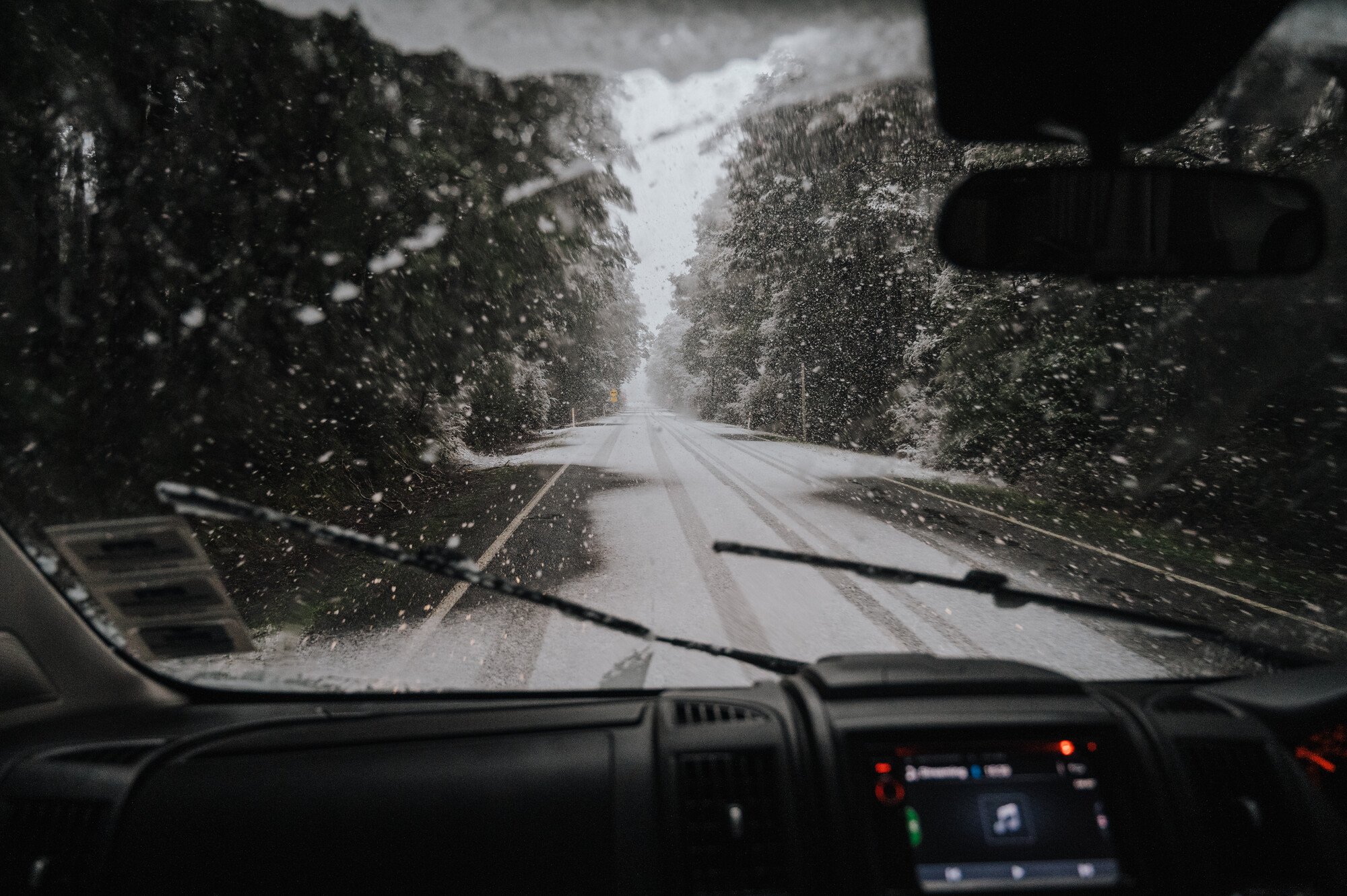
Insurance and liability
Probably the most important section of a motorhome rental’s terms and conditions to familiarise yourself with is the one on insurance and liability.
Before you pick up your hire vehicle, go over your insurance and liability options one last time. Make sure you’re comfortable with the amount of risk you’re taking on should something unexpected happen on your travels.
Standard excess
Motorhome insurance works much like rental car insurance where the daily rental rate includes comprehensive cover. This means that you’re insured from the first moment you step foot in your rental motorhome — a legal requirement in New Zealand.
|
Will standard excess be covered through your personal travel insurance? Most travel insurance will cover the excess on a car rental — but not a motorhome. If your personal travel insurance policy does, check that the maximum payout is equal to (or greater than) the excess quoted in the motorhome’s terms and conditions. If your policy doesn’t cover the total excess, you’ll have to pay the difference. |
Motorhome insurance comes with a standard excess amount. This is what you’ll be liable to pay if your motorhome’s damaged or lost.
The excess can be significant — often around NZ$5,000 to $7,500. If there’s an accident, you’ll be liable for the excess, regardless of who’s at fault.
New Zealand drivers aren’t required by law to have insurance on their private vehicles. This means that having an accident with an uninsured person leaves you liable for paying the excess, even if you didn’t cause the accident.
The excess is charged for each incident which causes damage.
Reducing liability
Most motorhome rental operators give you the option to reduce your risk of paying the excess by purchasing a liability reduction option — also known as a damage waiver. You can even reduce your liability for damage to zero for complete peace of mind on your travels.
Learn more about liability reduction options for a typical New Zealand motorhome hire.
Exclusions
Although you can reduce your liability to zero, you’ll still be fully liable if your motorhome is damaged wilfully or the damage was due to negligent behaviour. A few examples are damage caused by:
- Contamination of the motorhome’s fuel, freshwater, oil or AdBlue tanks
- An accident while speeding
- Driving in a location that caused your motorhome to become trapped or submerged in any way.
- Jumping on the roof.
Many people won’t expect to be covered for wilful damage or recklessness even if they’ve taken a liability reduction option. However, you may be surprised that damage caused by a moment of inattention could cost you.
A few motorhome rental brands have exclusions for:
- Single vehicle rollover — such as taking a corner too fast and rolling your motorhome
- Damage to your motorhome’s undercarriage — like when not noticing a low bollard
- The overhead section of your motorhome — for instance, if you don’t see a low branch when driving into a campsite.
For more information on motorhome insurance and liability reduction, read our blog about campervan rental insurance.
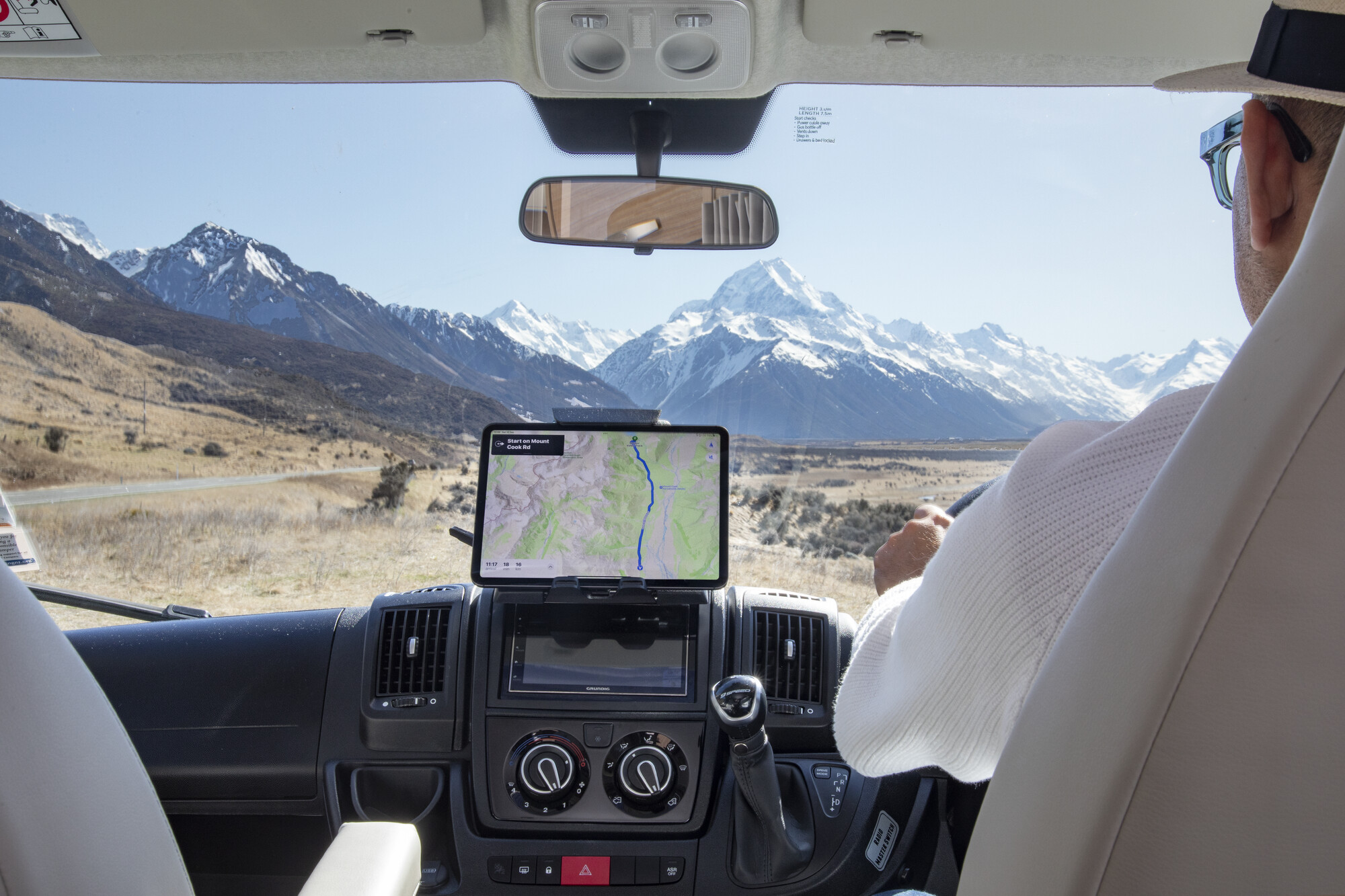
Changes and cancellations
Occasionally, life hands you something unexpected and you have to change your holiday plans.
The post-covid world has changed the norms around providing flexibility for the traveller — particularly when changing or cancelling bookings. Though this isn’t the case in the rental motorhome industry.
It’s a varied landscape when it comes to whether a rental operator will offer flexible terms to change or cancel your reservation. With this in mind, take a close look at what each company offers and shop around until you find the flexibility you’re looking for.
Some operators will charge you a fee if you cancel up to two months before the start of your hire. For other companies, the cancellation fee won’t kick in until seven days before pick up. Also, look out for any differences in the cancellation period between high and low seasons.
If you booked directly with a motorhome or campervan rental operator, their website will state their terms for amending or cancelling your rental. However, if you booked via an online travel agent, also check their terms and conditions as they may differ from the rental operator.
Read more about booking with an online travel agent (OTA) versus booking directly.
Always get personal travel insurance when you’re travelling internationally. Whichever motorhome rental operator you choose, they won’t cover you if you need to cancel during the cancellation period — but your travel insurance may.
Extraordinary events beyond the control of all parties
Also known as a force majeure event, it’s generally defined as a certain act, event or circumstance beyond the control of all parties. Such events can be catastrophic and are often unforeseeable — preventing rental operators from fulfilling their obligations.
Some examples of force majeure events are:
- Natural disasters — like earthquakes or floods
- Public health events — such as a pandemic
- Strikes, changes in law, and terrorist acts.
Look for a force majeure clause in your rental agreement as this will give you certainty in the case of a significant event which may disrupt your travel plans.
Many operators will issue a credit for the value of the amount you’ve paid if they’re unable to proceed with the rental due to a major unforeseen event. Check how much time you’d have to use the credit before it expires.
Terminating and repossessing
Some motorhome companies have a section in their terms and conditions relating to their right to cancel your rental agreement and repossess the vehicle. A rental operator may terminate and repossess their motorhome if:
- It’s been damaged or abandoned
- It wasn’t returned on time
- You failed to comply with any of the terms in the agreement.
The importance of comparing terms and conditions
The fine print is often ignored when renting cars, booking a hotel or hiring a motorhome — but ignore it at your peril. Recreational vehicles are expensive so if something should go wrong, you’ll want to know you’re covered from any surprise bills at the end of your trip.
Motorhome companies’ Ts and Cs are available on their websites — and so it’s fairly easy to open a few tabs in your browser and compare them. Get your holiday planning off to the best possible start by checking out the fine print.
Read online or download our rental terms and conditions.
|
Download our campervan rental comparison worksheet Use this worksheet for making notes so you can easily compare the terms and conditions of each motorhome hire you're considering. |



